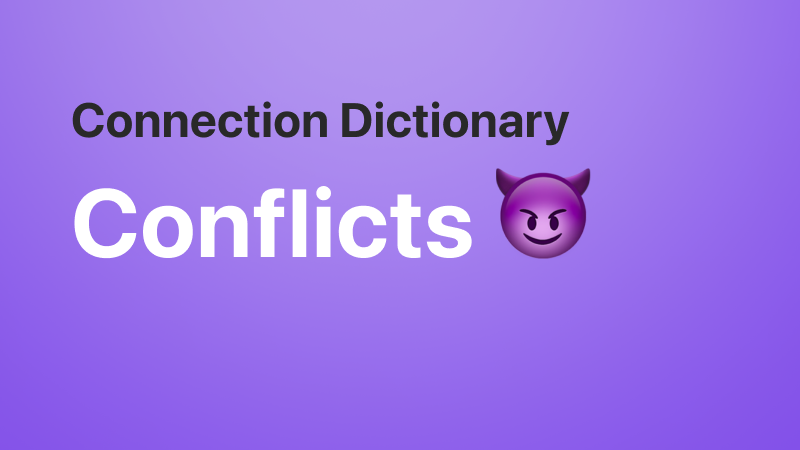What Is Conflict?
Conflict is like that unexpected speed bump in the middle of your relationship road trip. No matter how much you love each other, you’ll hit a few bumps now and then. Conflict happens when you and your partner don’t see eye to eye on something—whether it’s where to go on vacation, how to spend money, or who left the dishes in the sink (again). It’s perfectly normal, and guess what? It can even be healthy!
Conflicts aren’t just shouting matches or silent treatments; they’re chances to understand each other better. Think of them as relationship "growing pains." When you handle them well, they can bring you closer together. It’s not about winning or losing; it’s about learning how to navigate the tough spots together. The key is to be curious rather than defensive, to ask questions rather than make accusations. After all, conflict isn't the problem—the problem is how you handle it.
Why Do Conflicts Happen?
Conflicts pop up because you're two unique individuals with your own thoughts, feelings, and preferences. Sometimes, those differences clash. That’s okay! It’s what makes your relationship dynamic and interesting. Whether it's about big life decisions or small daily habits, conflicts are a part of sharing your life with someone else.
Healthy Conflict vs. Unhealthy Conflict
A healthy conflict feels like a debate where you both express your views and listen to each other. It’s about finding common ground or at least understanding where the other person is coming from. Unhealthy conflict, on the other hand, feels more like a battle—full of blame, criticism, or the dreaded “silent treatment.” The goal is to move towards the healthy kind, where conflicts are just speed bumps, not roadblocks.
How to Handle Conflict Like Pros
The secret to handling conflict is to focus on the issue, not on attacking each other. Use phrases like "I feel" instead of "You always," and try to listen more than you talk. Remember, it’s not about proving who’s right; it’s about finding a solution that works for both of you.
Self-Reflection Question:
- Think of a recent conflict you had with your partner. How did you both approach it, and what did you learn from it?
Quick Quiz (3 Questions)
- Which of these is a healthy way to handle conflict?
- Conflict means there is something wrong with your relationship.
- What’s a helpful first step when you feel a conflict brewing?




